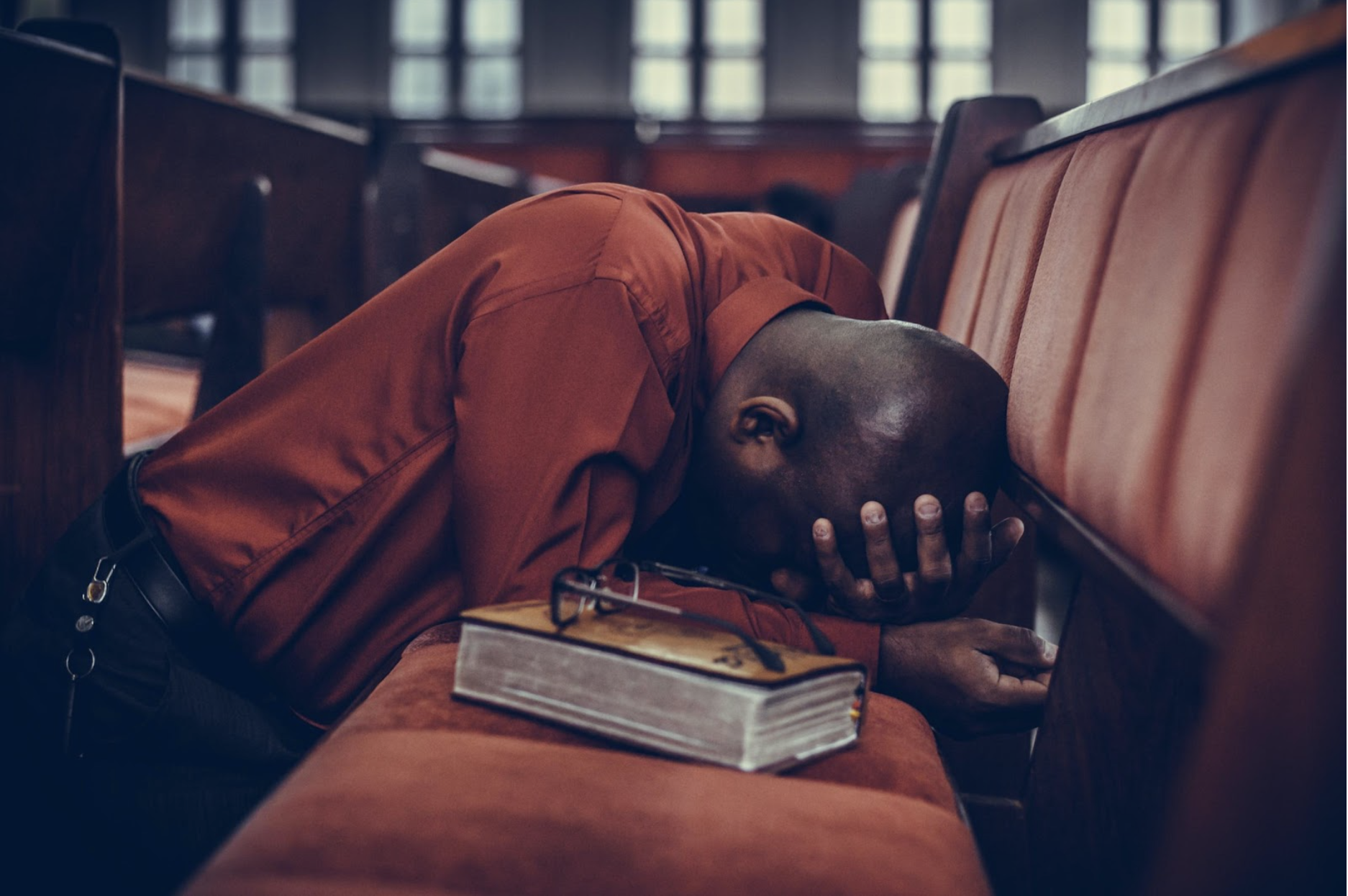What is Religious Trauma?
The experience of religious trauma can't be denied, whether you left your religion voluntarily or were forced out. Abuse of any type can be detrimental to the body and mind, and religious abuse is no exception. When your spiritual experience is stressful, degrading, dangerous, or damaging in any way, it can result in religious trauma. Religious abuse can be perpetrated by intimate partners, members of your congregation, and family members when they use religion to justify their abusive behavior. Having believed, or been led to believe, that your experiences were typical, you may have overlooked the possibility that you have experienced abuse. Perhaps you have been searching for a name to describe what you've gone through, so you could identify with something and feel validated. While "religious trauma" is a relatively new concept, the experience is not.
What Does Religious Trauma Look Like?
Religious trauma doesn't usually happen overnight; often, it results from events that reinforce harmful messages and, ultimately, deepen the trauma. Religious trauma can devastate people's mental, physical, emotional, sexual, and spiritual well-being. Religion, practices, and beliefs may inflict trauma in different ways. Across many religions, a common tactic is fear and emotional manipulation.
Some examples include:
It is forbidden to worship the way you want
Religious texts (such as the Bible, Torah, and Quran) may be used by the perpetrator to justify their actions
LGBTQ+ people are at risk of being told that their feelings are sinful or that they will be sent to hell for feeling or expressing them
Teenagers and women who get pregnant out of wedlock may be ostracized by their community and congregation, triggering feelings of shame, guilt, and depression
Assuming that lack of faith is the cause of a sickness or illness
When You've Been Abused, Excommunicated, or Raised in Religion and Want to Make a New Start
Transitioning to a new path, whether a completely different religion or becoming secular, can be painful, selfish, and even overwhelming. If you follow this decision, you may be anxious because of the possibility of losing or damaging existing relationships; this is particularly relevant for those who grew up in religious environments or communities. Leaving your community may mean losing an entire network, part of your identity, and understanding of the world. If you were given a choice between your authentic self and ex-communication from your faith, you might feel like you have suffered a substantial loss. In truth, a loss of this magnitude can be debilitating and mourning it is normal. On the other hand, the opposite may also be true. You may feel validated and proud because you are freeing yourself from a destructive or toxic past to move forward.
Leaving your religious community or being forced out because you embraced your truth or shared your story can lead to feelings of betrayal and loneliness, not only from family members and friends but also from God. As you grieve, it is beneficial to maintain contact with others, whether they come from your community or not. Signing up for sports clubs, reading groups, art classes, and other interest groups in your area can be an invaluable way to discover your passions. You may also make new connections outside of your faith community.
What are the Next Steps?
After a loss like this, it may take some time and distance before you can fully accept and understand what happened and your next steps. As it relates to faith transition, there is no single way to proceed. Some might feel they must tear down everything they know about their religion and move on. However, others might feel comfortable keeping with the traditions and remain involved with the community as they move on. In other words, what works for one person might not work for you, and that's fine! Every healing journey is different, just like every experience. So don't rush the process; let your feelings guide your actions.
Seek support and community
Find a friend or two who will be supportive, and tell them what's happening.
Make time to build new relationships and re-invest in the ones that matter most
Own your self-care
Think about what helps you feel happiest and create priorities and structure around them
Talk to a therapist
Through therapy, you can overcome the challenges associated with your change of faith while maintaining your mental health and coming to terms with your life’s new transition
How Can Therapy Help Me?
You are taking an invaluable step in your healing when you consider talking to a therapist. Your therapist can guide you in processing the impact abusive religious experiences have had on you. Together, you can find the most effective methods to help you heal. In addition to helping you navigate the grieving process, a therapist can help you unpack the shame and guilt you may feel due to your religious upbringing. To ensure you live a more fulfilling life, your therapist can also support you with your faith transition and whichever path you seek to take. A significant advantage of therapy is that you can address trauma or abuse by talking with your therapist. As you accept abuse and the emotions that come with it, they will be there to support you in a safe space.
If you have experienced religious trauma or believe someone you know has and are considering therapy as a healing method, please do not hesitate to reach out. We are ready to assist you in this next stage, beginning with your free 15-minute consult. If you are in the Akron, OH, area, please consider Resilience Counseling today.



